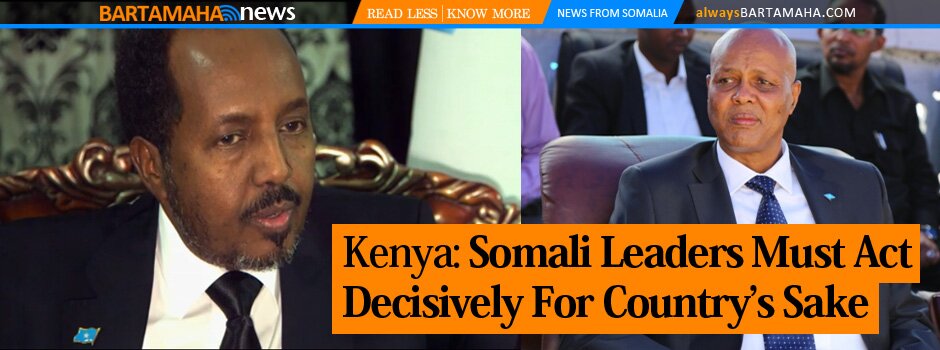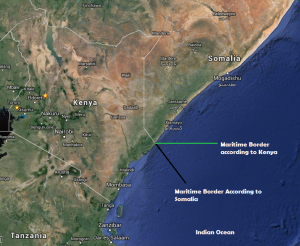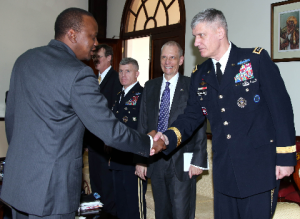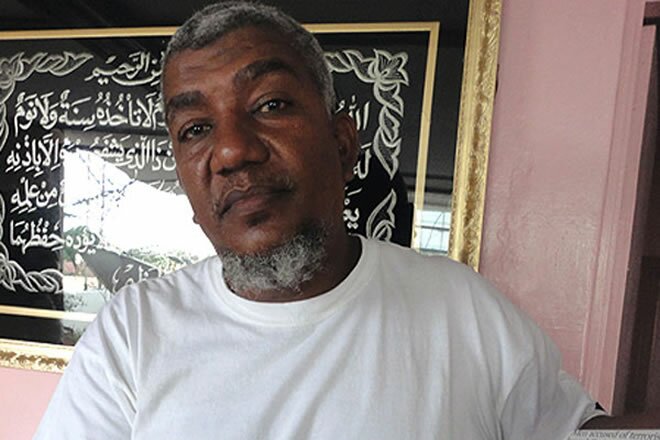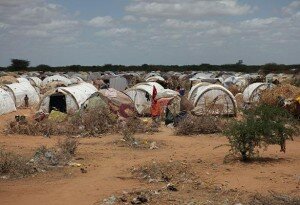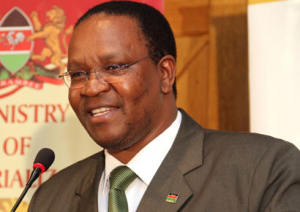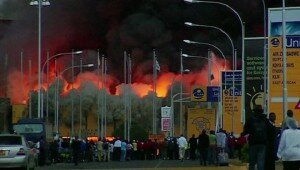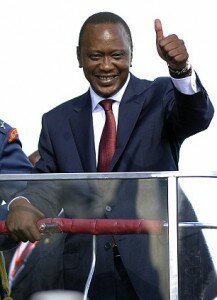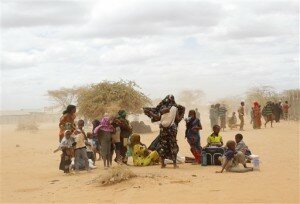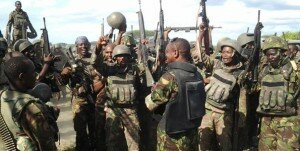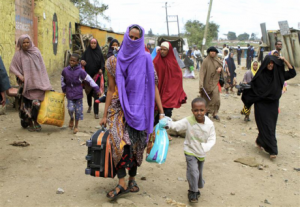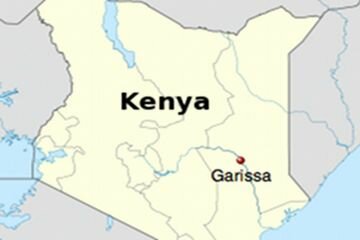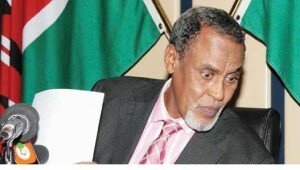Haji says no to Kismayu attack without back-up
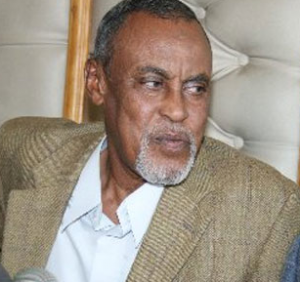 Kenya is unwilling to capture the port city of Kismayu without the financial and logistical backing of the international community.
Kenya is unwilling to capture the port city of Kismayu without the financial and logistical backing of the international community.
Defence Minister Yusuf Haji told The EastAfrican that the country’s military incursion into Somalia had created conditions that would allow the international community to help create lasting peace, but Kenya is unwilling to continue underwriting the financial burden of an open-ended war.
It is now emerging that Kenya considers its intervention in Somalia in October last year as a major service to the global War against Terror and expects logistical and financial support to complete the job of smashing the Al Shabaab and Al Qaeda networks.
The admission by Mr Haji seemed to reverse Kenya’s stated military objective, which was predicated, on capturing Kismayu in order to undermine the financial base of Al Shabaab.
Mr Haji said the notion that Kenya’s ultimate goal was Kismayu was imaginary. He said the Kenya Defence Forces had indicated that their main objective was to create a buffer zone by pushing Al Shabaab far enough from the country’s borders to assure its national security.
“The Kismayu question is for the international community to decide. Kenya was not going to fix the entire Somalia problem since it has been a failed state for 20 years. We did not have the intention of going into Somalia if we were not provoked.
We feel we have attained our intention of pushing Al Shabaab away from our borders,” said Mr Haji. His comments appear to be timed to take advantage not only of the approval by the UN Security Council of the African Union request that Kenya join Amisom, African Union Mission in Somalia, increasing the latter’s troop levels to 17,700, but also of the withdrawal of US troops from Iraq.
The US is said to be offering military hardware donations to friendly countries as it draws troops out of Iraq. Countries contributing troops to Amisom are likely to benefit.
The cost of deploying 17,700 troops is likely to double Amisom’s budget from the 2011 figure of $247 million to between $450 million and $500 million, putting pressure on the UN to find money to pay for the mission.
Kenya’s intervention in Somalia, said the minister, has changed the perception of the international community and has opened a window of hope in Somalia. However, if the international community does not support Kenya to stabilise Somalia, Kenya cannot do it on its own.
Prior to the approval by the UN Security Council on Thursday, which will see Kenya’s troops incorporated in Amisom, Mr Haji had indicated Kenya was not keen to attack Kismayu alone.
The UN Security Council gave Kenya the go-ahead after Foreign Minister Moses Wetang’ula, who also chairs the AU Peace and Security Council, presented the Kenyan case in New York.
But both the US delegate Jeffrey DeLaurentis and Lynne Pascoe, UN Under-Secretary-General for Political Affairs, called for clarifications on the command and control arrangements for the added Amisom troops.
Diplomats conversant with the ongoing negotiations over the “rehatting” of Kenya’s troops hinted that Kenya is reluctant to accept Ugandan commanders’ authority over KDF.
Uganda has the majority troops and Ugandan commanders have key operational responsibilities for the AU troops in Somalia.
Washington has confirmed that it is helping Kenya with satellite images that give the real-time movement of the militants, but has denied any military involvement.
Mr Haji clarified that Kenya has not contacted the US for assistance but is in talks with the African Union and the Inter-Government Authority on Development to provide the “enablers” that Kenya requires.
Enablers means heavier weaponry and air support for Amisom troops on the ground.
“The Kenyan military is the best trained in the region; in every aspect, we are equal to the task. We also have special forces with the military training college in Karen, which trains soldiers from many countries in the region. Once Kenya joins Amisom, we believe all the enablers will be provided,” he said.
While Al Shabaab is no match for Kenya militarily, there are fears that even after crushing the militia, the country will be faced with the prospects of continuing suicide bombings.
___
The East African
Comments
comments
 Calendar
Calendar





